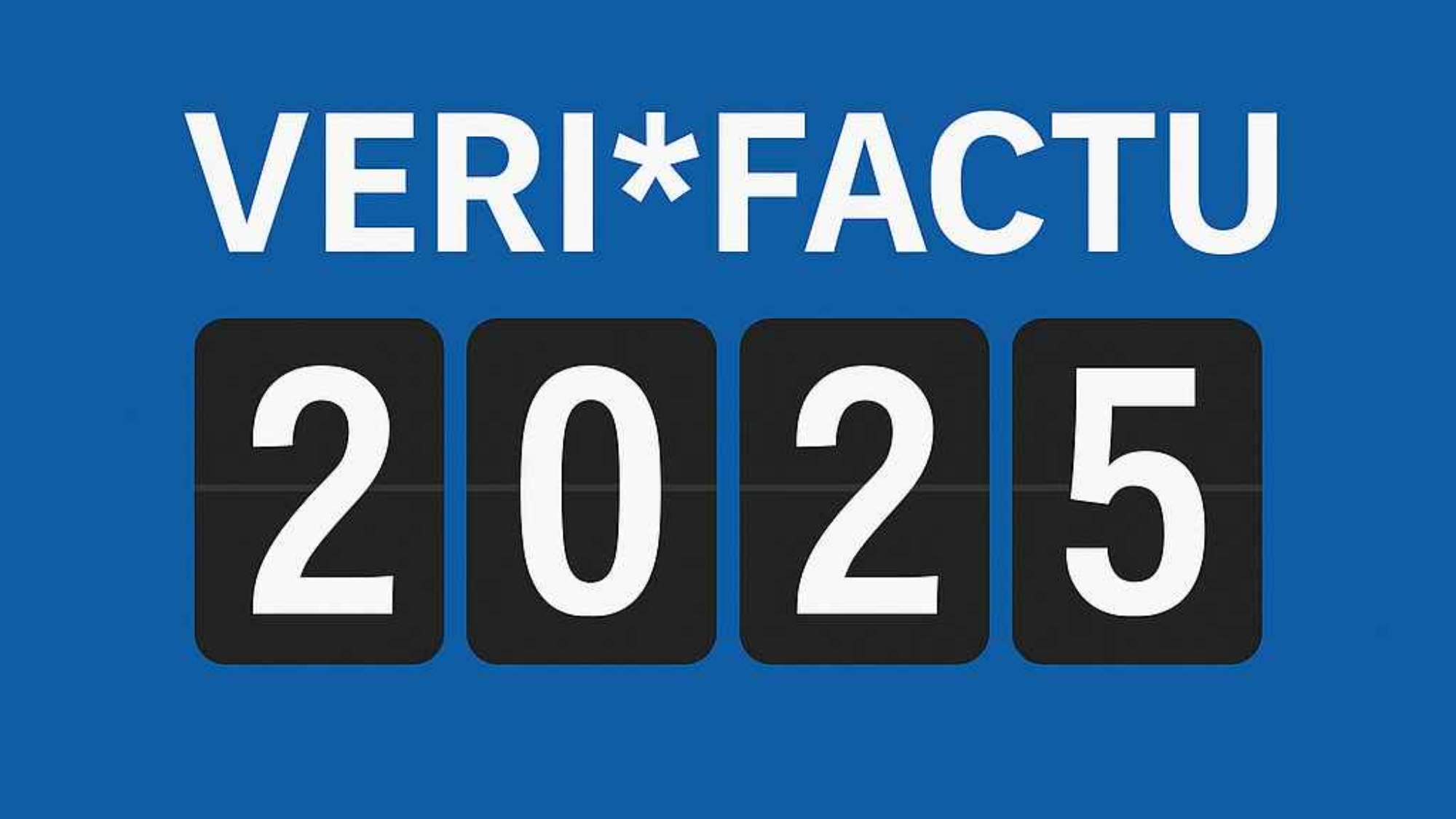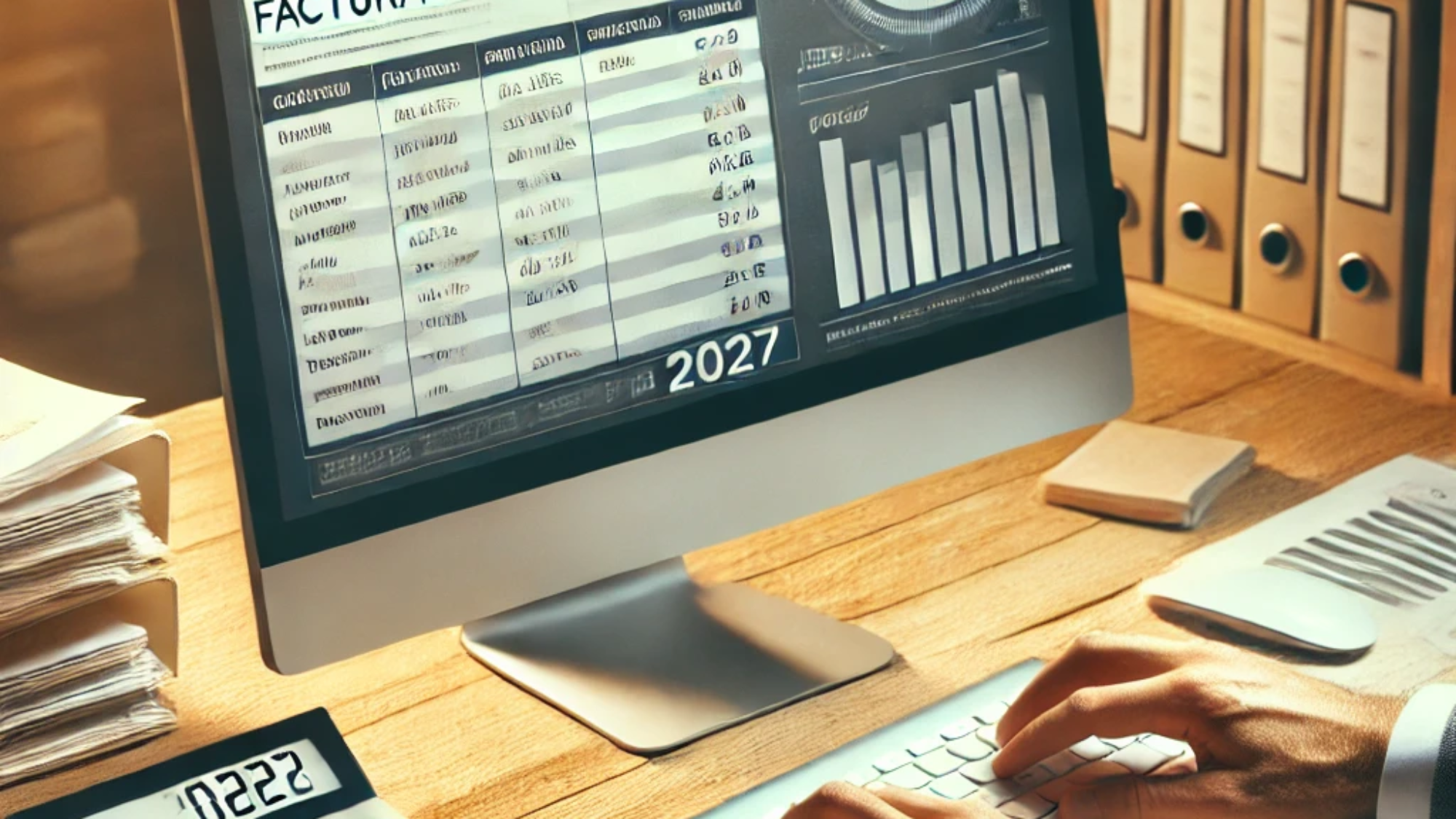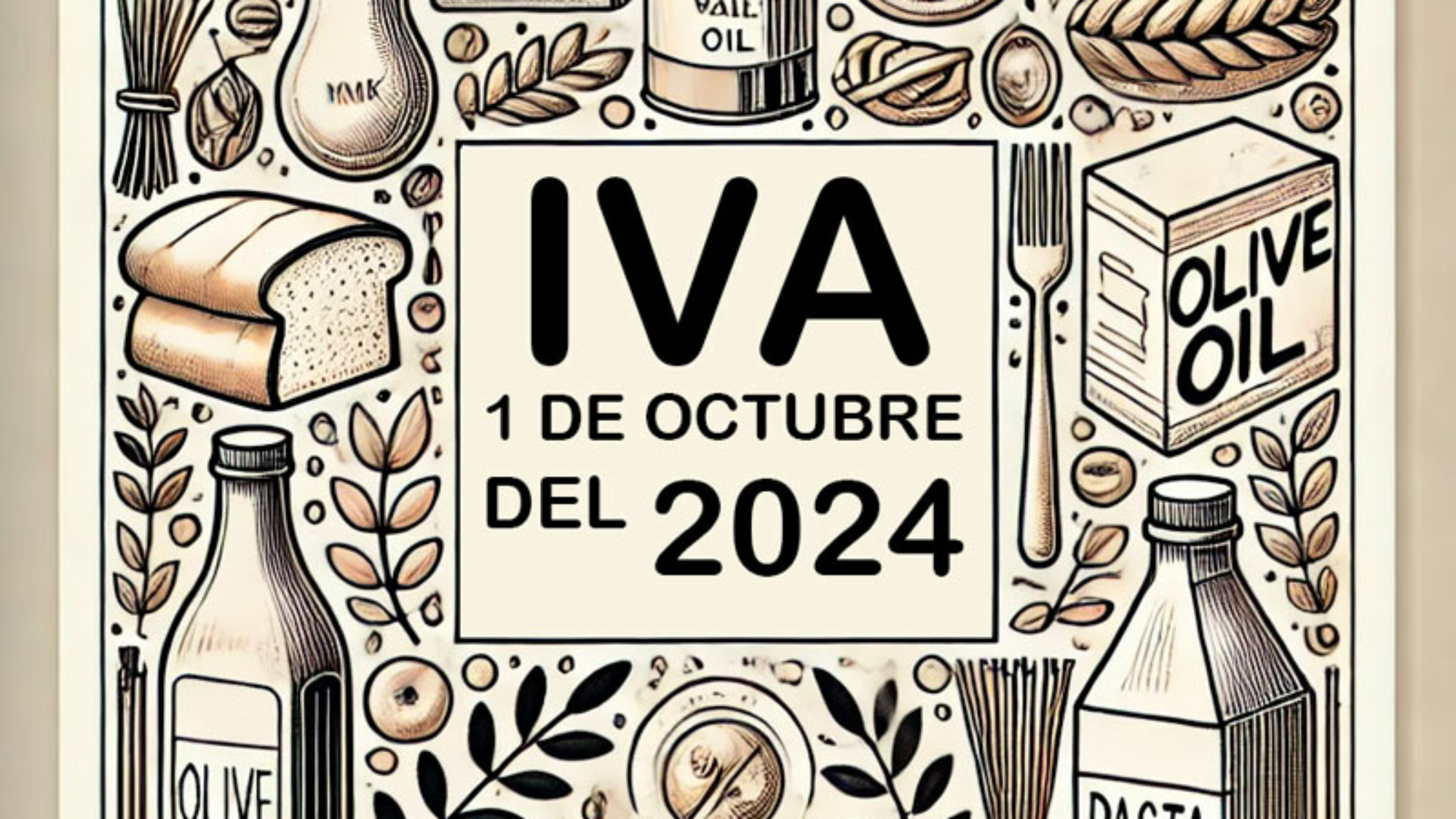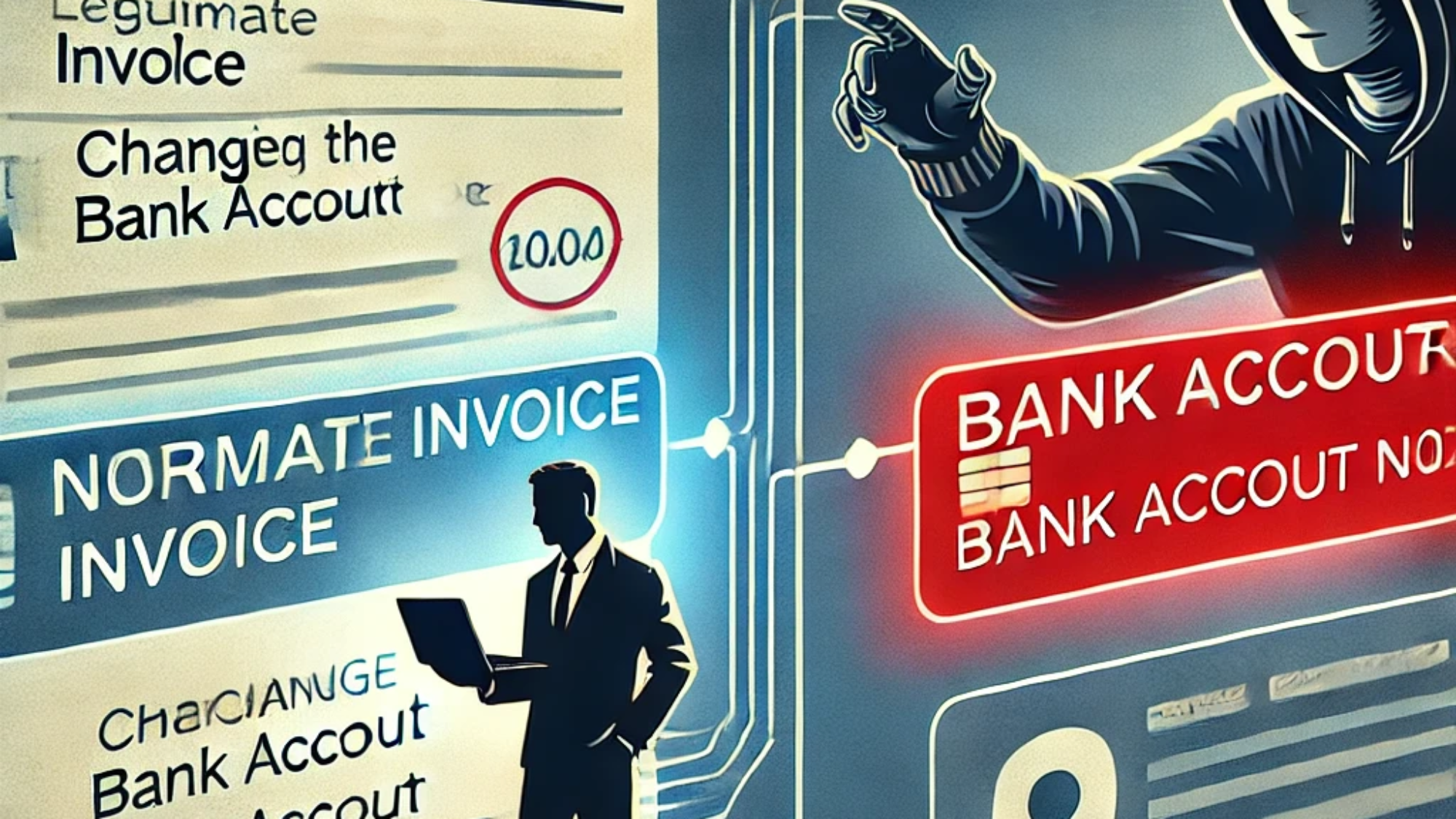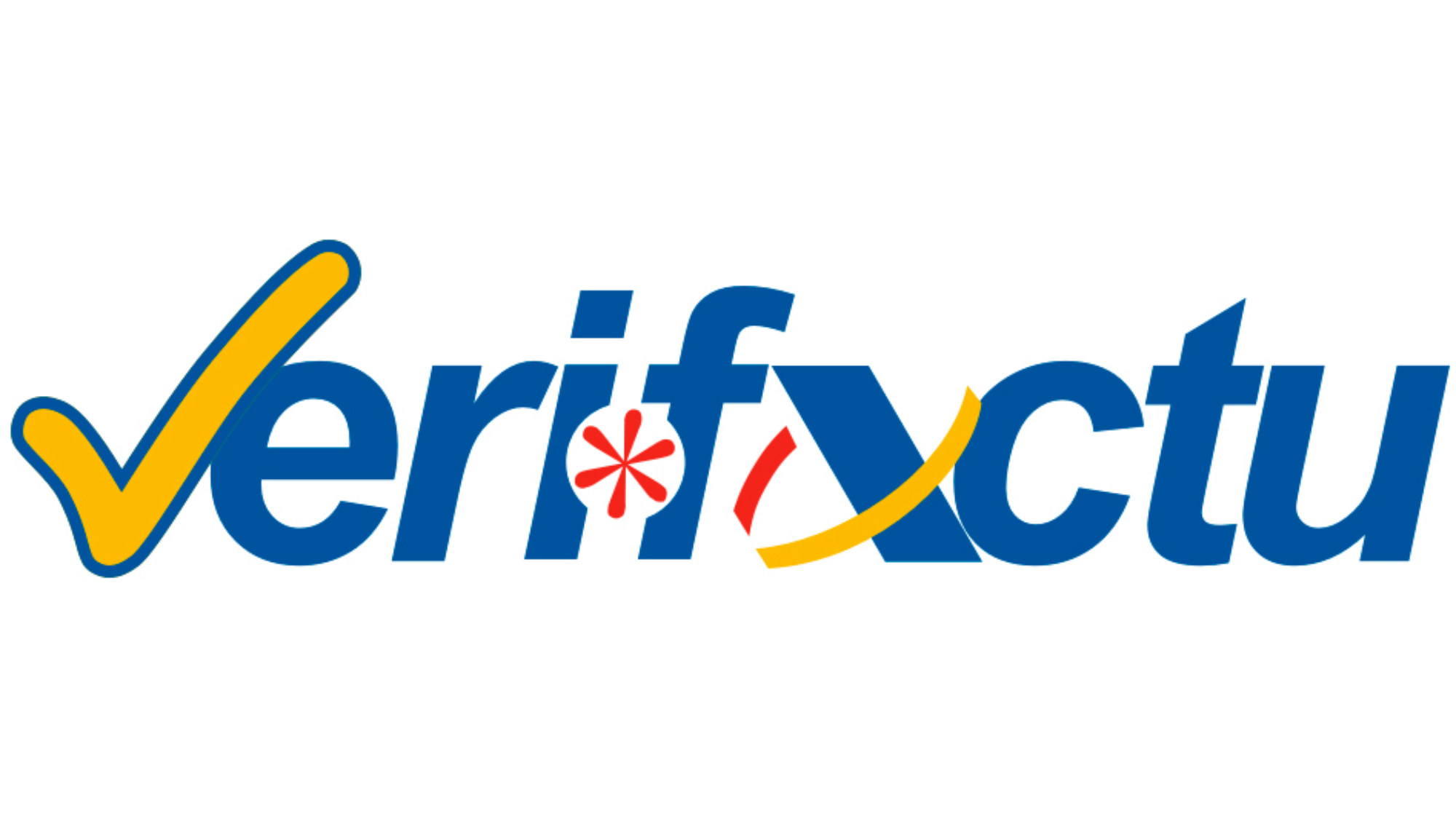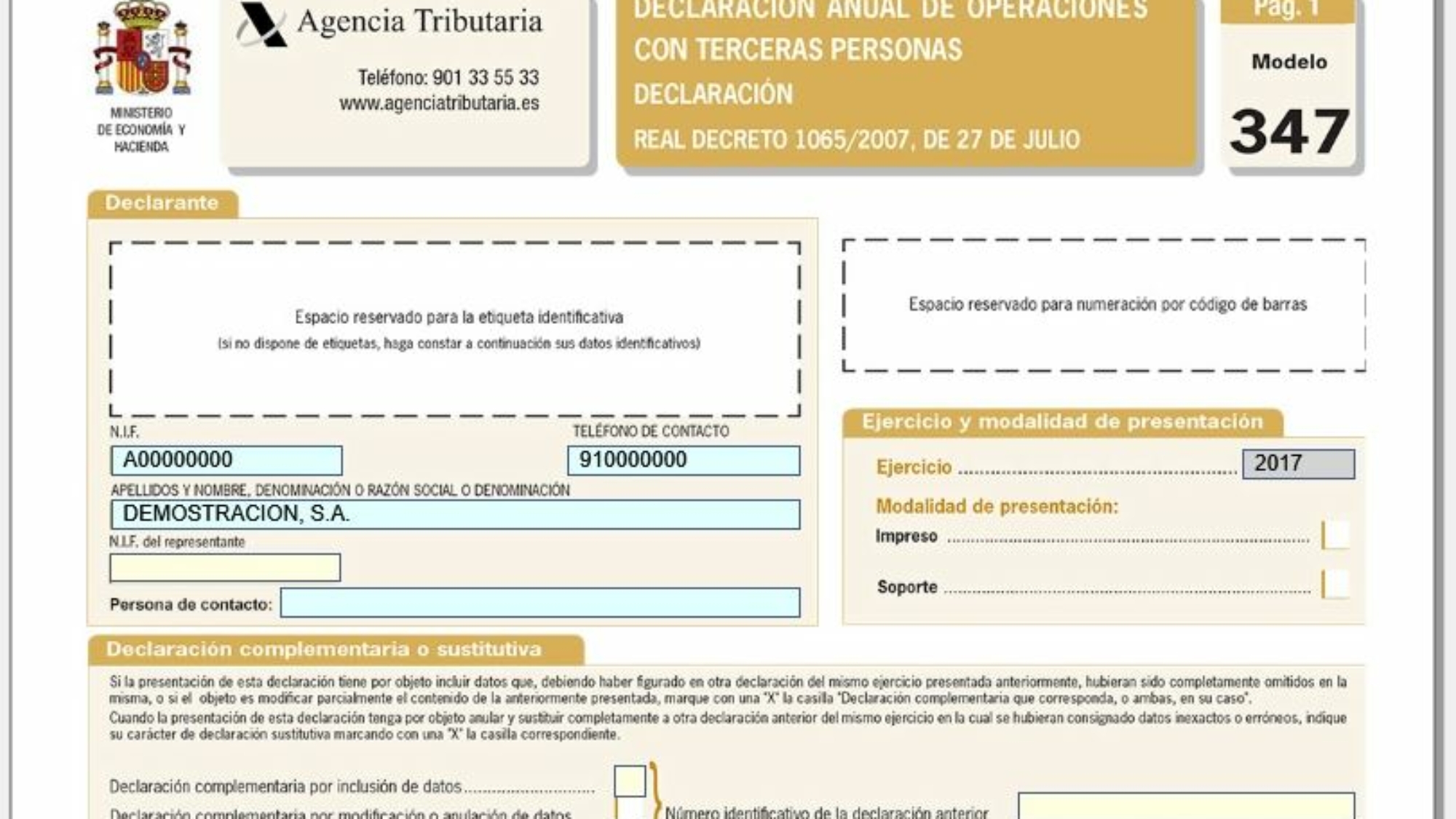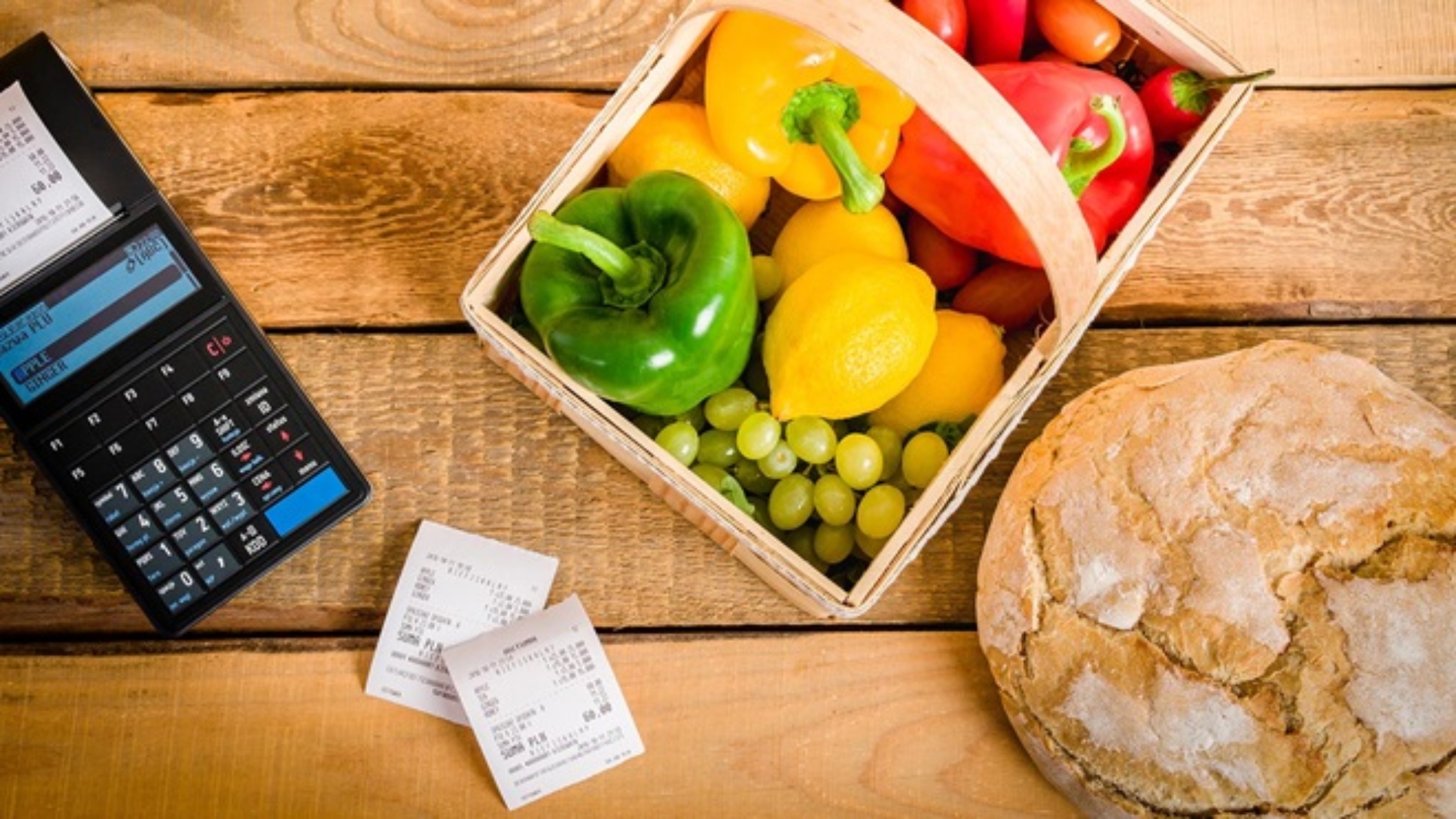The Tax Agency has already made it clear: Veri*Factu is the immediate future of turnover in Spain, and its implementation It will be mandatory. In invoice we are prepared from now To meet all the required technical requirements, And we want to help you be ready too Before it's too late.
🗓 When does Veri*Factual come into force?
The key dates of this new tax obligation are the following:
- ✅ 1 July 2025: Los manufacturers and developers of billing software They must have their programs adapted to the new Veri*Factual Regulations.
- ✅ 1 of January of 2026: The Companies that are taxed in the Corporation Tax will be obliged to use Billing computer systems adapted to Veri*Factu, Fulfilling all the technical and legal requirements established by the Tax Agency.
- ✅ 1 July 2026: The rest of entrepreneurs and professionals, including autonomous, They must also issue their invoices using software adapted to Veri*Factu in accordance with the new regulation.
Not fulfilling these deadlines can mean important economic sanctions. That's why, The sooner you start working with a system prepared as an invoice, better.
📌 What is Veri*Factu and why does it affect you?
Veri*Factu is a system regulated by law 11/2021 and the Royal Decree 1007/2023. Your goal is Prevent fiscal fraud by digital control of invoices. All invoices emitters will be obliged to use software that meets a series of strict technical requirements, Among them:
- Record watery, safe and without alterations of each invoice issued.
- Shipment In real time to AEAT.
- Inclusion of a QR code and a mandatory legend In each invoice.
- Digital Event Registry Signature.
- Data conservation during at least 4 Years.
- Internal audit and traceability of each change or event on the invoice.
In summary: You will not be able to use any program. You must have a homologated software, as an invoice, that guarantees traceability, security and transparency required by the Treasury.
🛡 Invoice complies and accompanies you
Invturaone is already prepared to Veri*Factu. We are a complete billing software, legal and constantly evolving, Created specifically for freelancers, SMEs and professionals looking for:
✔ Compliance 100% With fiscal regulations.
✔ Automatic updates without additional cost.
✔ Simple billing, From any device.
✔ Generation of invoices with QR code and official legend.
✔ Sure and traceable conservation of all your operations.
✔ Technical support in Spanish and personalized attention.
✔ Without permanence contracts, Without small print.
We are working to integrate the complete functionality of veri*factu before the 1 July 2025, Fulfilling the deadlines and requirements of the Tax Agency. When your obligation arrives as an autonomous or company, You will be ready.
🚀 Why wait for 2026 If you can be covered now?
Don't wait at the last minute. Advance you have many advantages:
🔹 Avoid surprises and fines.
🔹 You familiarize yourself with the new system at your rhythm.
🔹 You increase your efficiency and professionalism.
🔹 You ensure legal compliance from the first day.
🔹 You centralize your billing on a reliable and modern platform.
✅ Start with invoice today
In invoice we make it easy for you:
🔗 www.facturaone.com
📥 Free test without obligation
📞 Expert assistance step by step
🧾 Guided settings to start in minutes
FacturaOne It is much more than a billing program.
Es Your ally to meet, Grow and carefree.
🎯 The future of billing is here! Join bill today.

